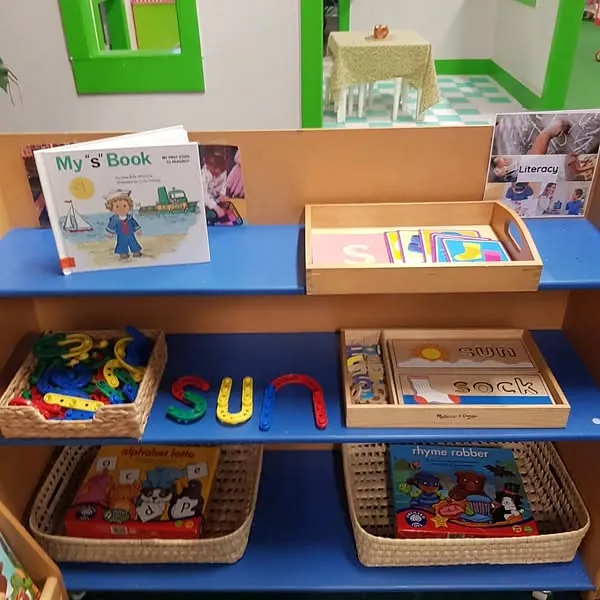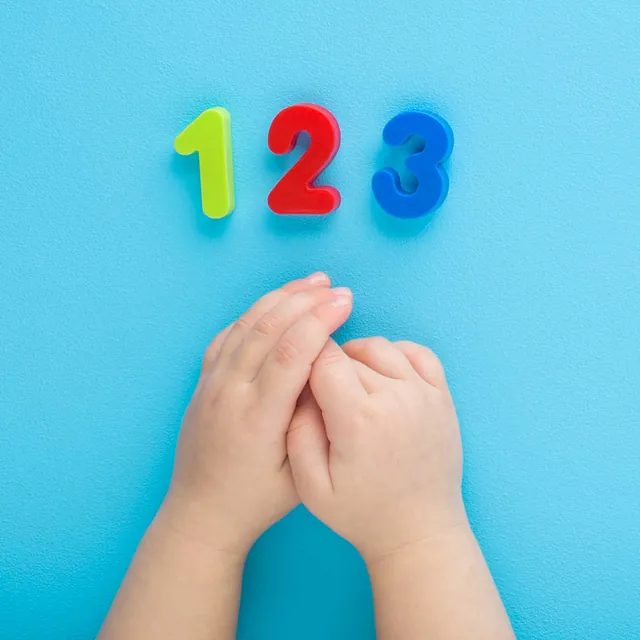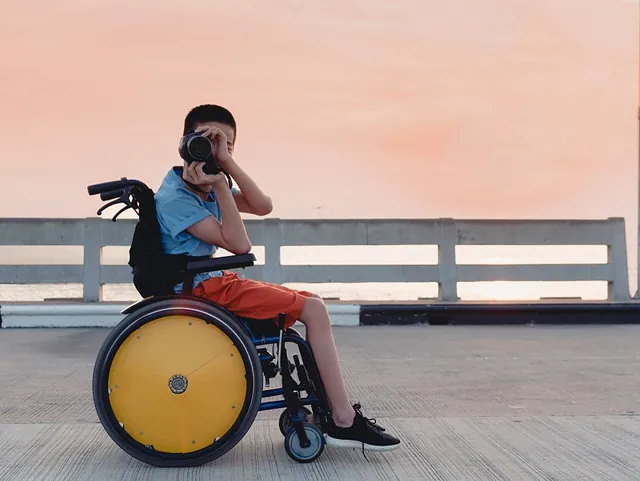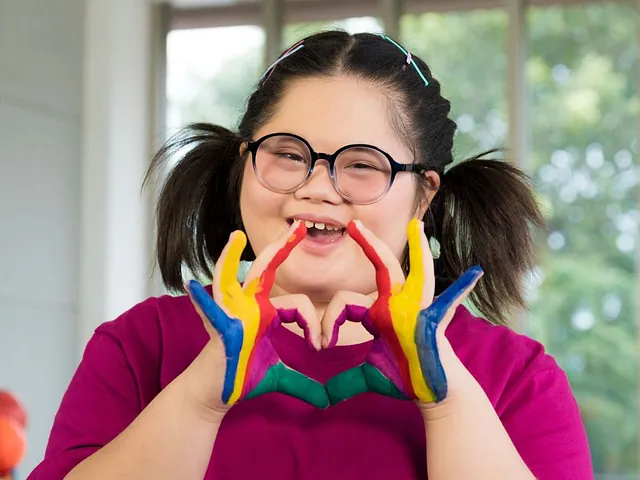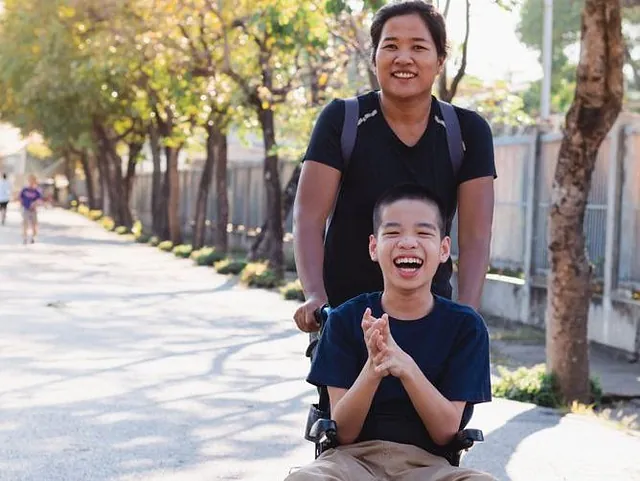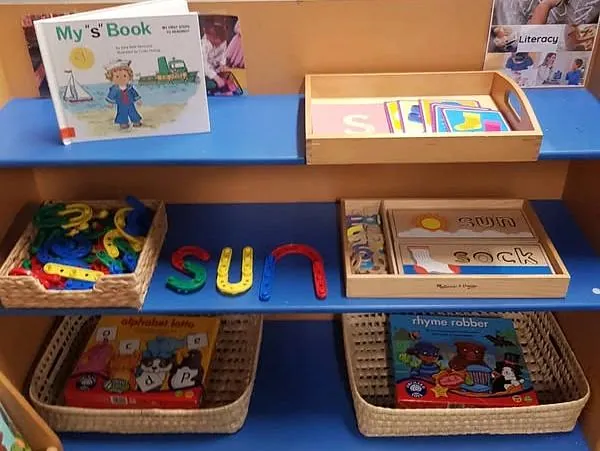The Child’s Play Way
The Child's Play Way is an assessment and curriculum tool for parents, teachers, family and friends to understand and appreciate the importance that small steps make in creating strong foundations that support future learning.
- All major developmental areas including regulation, relationships, motor skills, vocal- verbal behaviour (speech and language), feeding, sleep, toileting to early stage academics
- Colour-coded according to Aistear themes • Annual goal planner and tracker
- Weekly checklist to help you stay on track Behaviour support plan templates
We play with purpose!
The Child’s Play Way Handbook
A comprehensive and holistic play-based, shaping curriculum for the early years. This manual can be used by teachers, SNAs, AIM staff, preschool teachers or parents to understand how skills develop naturally, how they can scaffold or shape achievable next steps and how to approach challenging behaviour to support children of all abilities, no matter if they have differences, delays, difficulties, or diagnosis.
Various Training Available:
Feeding Workshop
This workshop is designed to support parents, caregivers, teachers, SNAs or AIM workers in fostering a positive relationship between their child and food as the foundation of healthy eating. You will learn the importance of meeting your child where they are, understanding their unique challenges with food and eating (e.g., sensory, motor planning, strength, and emotional), and practical strategies you can use to support them in taking small achievable steps. Our goal with feeding therapy is not that the child eats what they are given on any day, it is to encourage lifelong positive and healthy eating habits.
Communication Support
This workshop is designed to support parents, caregivers, teachers, SNAs or AIM workers who are supporting a child with communication differences, whether due to a diagnosis, delay or difficult stage in their lives. This workshop will discuss how language develops across all stages, from non-verbal communication, signs and gestures including baby sign language or Lámh, to spoken words or vocal-verbal behaviour. We will discuss the importance of your role as a present, mindful and responsive communicative partner in supporting language development, identifying your child’s stage and how to support them in taking the next step up.
Behaviour Support
As human beings, we all encounter similar challenges that can trigger challenging behaviour. What tips one person into challenging behaviour as a response in any given moment is a product of many factors: did you sleep? What was the weather like? Are you stressed about something unrelated? As with many other classes in managing challenging behaviour we of course look at the function of behaviour, i.e., understanding the immediate cause and effect of behaviours, but more importantly, we teach you to look at the whole picture of what is going on in a child’s life, no matter how small or insignificant, what skills we can teach as more adaptive in those challenging situations and the holistic ways we can support those with challenging behaviours.
Toilet Training
This workshop is designed to support parents, caregivers, SNAs, AIM support workers and teachers to foster independence in toileting. Toileting is such an important life skill and developmental milestone. Toileting increases a child’s independence and self-confidence, but it also reduces the risk of infection, the need for intimate care, and the costs associated with incontinence wear. Through this webinar, we will discuss the common challenges and practical proven strategies to support a person to achieve independence.
Links to Our Other Services
Book & Training FAQs
-
What is The Child’s Play Way Handbook?
The Child’s Play Way Handbook is a comprehensive guide that provides a play-based curriculum for early years. It is ideal for teachers, SNAs, AIM staff, preschool teachers, and parents, helping them understand how children’s skills develop naturally and how to scaffold their learning. It also offers strategies to address challenging behaviour and support children of all abilities.
-
How much does The Child’s Play Way Handbook cost?
The handbook is priced at €29.99 excluding VAT, with a delivery cost of €5.
-
What is the purpose of The Child’s Play Way: Student Workbook?
The student workbook complements the Child’s Play Way curriculum by allowing educators and parents to personalise goals for individual children. It helps track progress across developmental areas, including behaviour, ensuring a tailored and successful learning journey.
-
How much is The Child’s Play Way: Student Workbook, and what does it include?
The workbook costs €17.99 for a pack of 6, excluding VAT. Delivery costs an additional €5.
-
What is covered in the Feeding Workshop?
The feeding workshop helps parents, caregivers, teachers, and AIM workers foster positive and healthy eating habits in children. It explores sensory challenges, motor planning, and emotional factors affecting eating, offering practical strategies for creating a lifelong healthy relationship with food.
-
Who can benefit from the Communication Support Workshop?
This workshop is designed for anyone supporting a child with communication differences, including parents, teachers, SNAs, and AIM workers. It covers language development, non-verbal communication, baby sign language (e.g., Lámh), and strategies to encourage communication at all stages.
-
What does the Behaviour Workshop teach?
The behaviour workshop helps participants understand the root causes of challenging behaviours in children. It focuses on recognising triggers, teaching adaptive skills, and offering holistic approaches to support children effectively in challenging situations.

